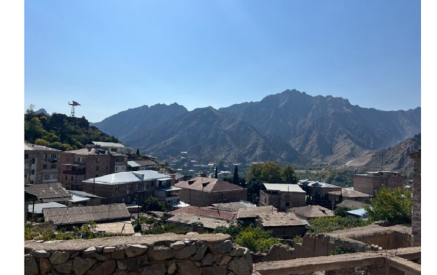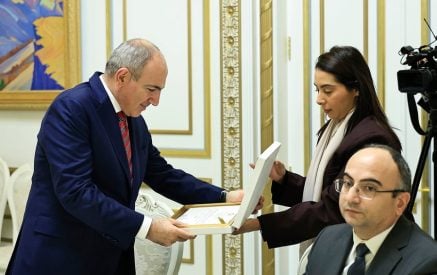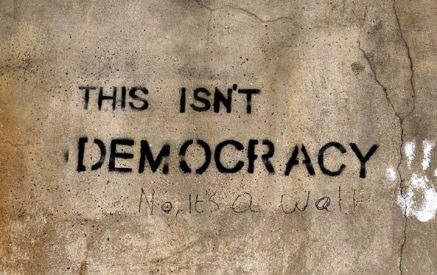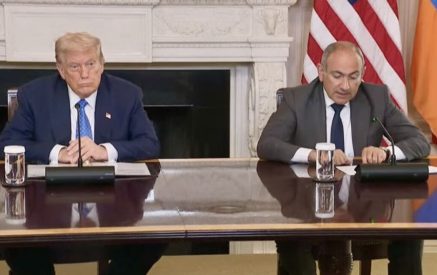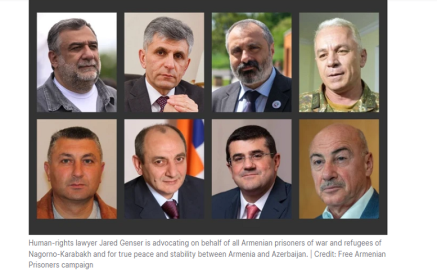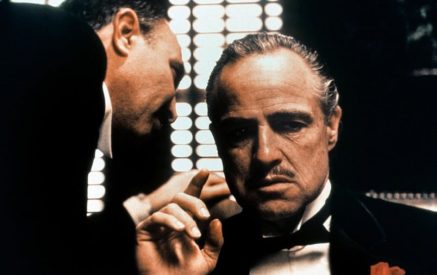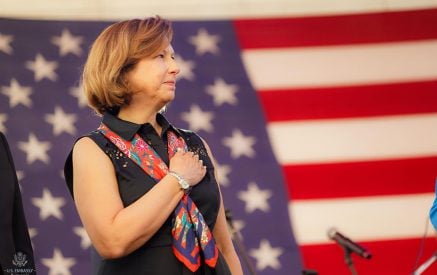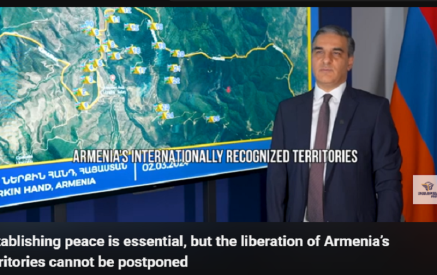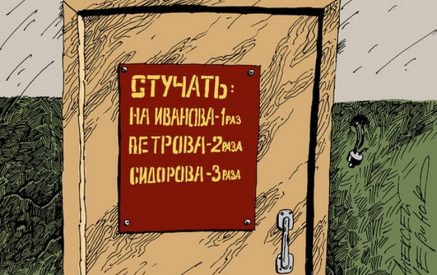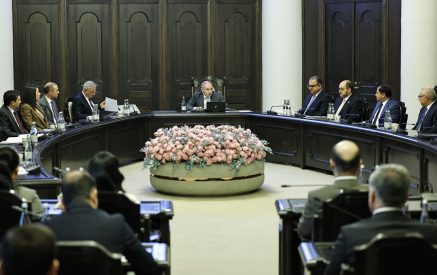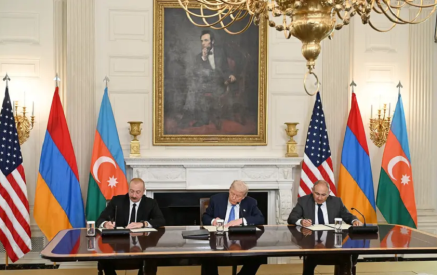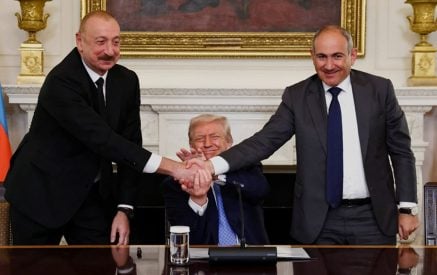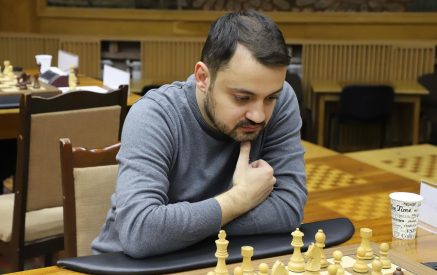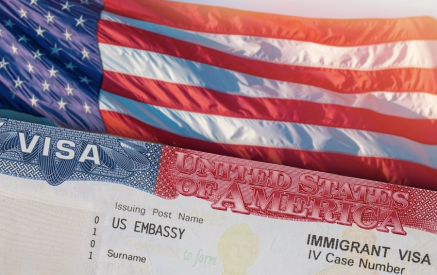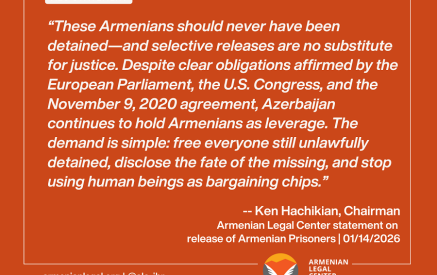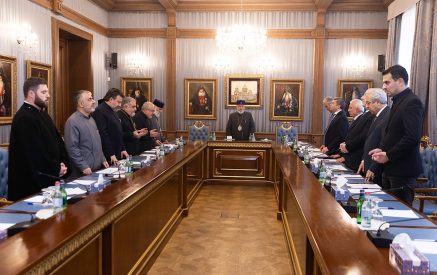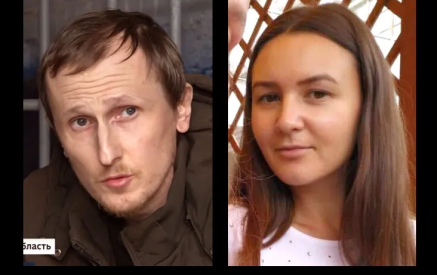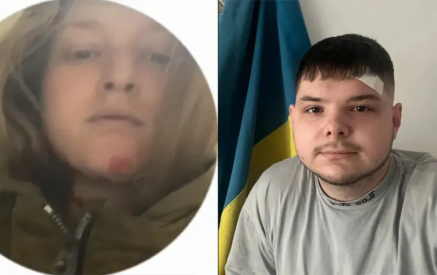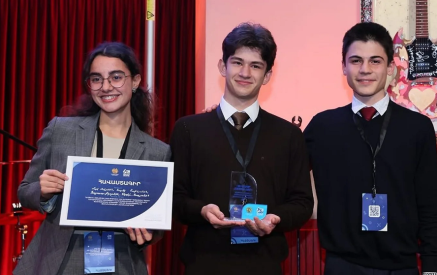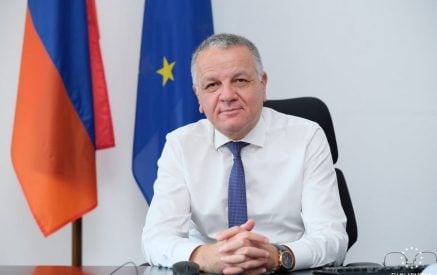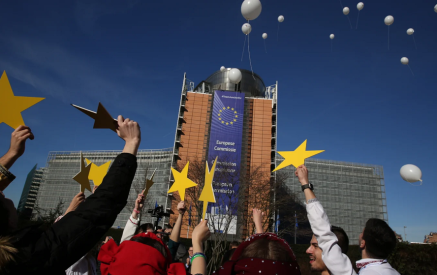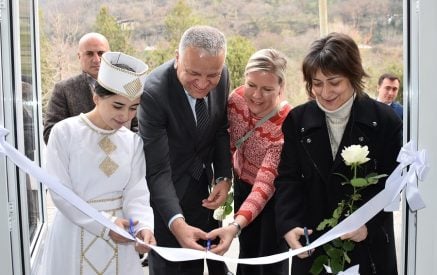Ukrainian authorities should swiftly investigate law enforcement officers’ assault on four journalists covering a protest and ensure that members of the press can work safely, the Committee to Protect Journalists said Thursday.
Overnight on November 1 to 2, officers in the Ukrainian central city of Zhovti Vody obstructed the work of and beat four journalists as they were covering a peaceful protest at a tobacco factory. The journalists included reporter Galina Fedorchenko and camera operator Aleksandr Dubina with privately owned broadcaster Pryamiy and reporter Aleksandra Serbin and a camera operator with independent news website StopCor, according to the outlets. StopCor did not name its camera operator. Pryamiy editor Viktor Medvid also confirmed the attack in a phone interview with CPJ.
“Violence against members of the press in the course of their work is unacceptable and cannot remain unpunished,” said Gulnoza Said, CPJ’s Europe and Central Asia program coordinator, in New York. “Ukrainian authorities must promptly identify the officers who abused their authority against Pryamiy and StopCor journalists and hold them accountable.”
Medvid said that the journalists were there to cover protests at the tobacco factory. One was by workers who wanted the factory to be reopened after it was closed by law enforcement due to an investigation; another was by local residents who wanted to use the factory as a bomb shelter. He said the journalists were also there covering the arrival of the International Atomic Energy Agency to the area to investigate Russian allegations that a “dirty bomb” was being made in Zhovti Vody. The agency said November 3 it found no evidence of such activities in the area.
Read also
According to the reports, after the journalists arrived at the protest, National Guard soldiers and officers with the Ukrainian security service, the SBU, asked all the people present to leave and began to beat the factory workers.
An SBU officer told Dubina that filming was forbidden because of an ongoing investigation on the factory grounds; as Dubina was leaving, SBU officers pushed and beat him on the head, legs, and back and broke his camera, Dubina recounted to his outlet.
“After I introduced myself as a representative of the press, I heard in response, ‘on your knees!’ and ‘face down on the floor and lie down!,’” Dubina said. SBU officers ordered him to crawl and told him to “hurry up,” using an expletive when he was slowed down by injuries they had inflicted on his leg.
Fedorchenko, who was wearing a press badge at the time, told Pryamiy that law enforcement officers pushed her against the factory wall before forcibly removing her from the premises.
Law enforcement officers twisted the arms of the StopCor journalists as they were being thrown out of the premises, the reports said.
“Our camera was smashed and taken away. There was complete lawlessness; no one paid any attention to the fact that we were journalists. They ripped my phone right out of my hands,” Serbin told StopCor.
Journalists with StopCor and Pryamiy called the police and went to the hospital to be examined, those reports and Medvid said.
Medvid told CPJ that Dubina and Fedorchenko were “in shock” but had no fractures or serious injuries that required hospitalization. CPJ emailed StopCor to ask about the condition of its journalists, but did not receive a reply.
The journalists gave statements to the police department and were able to recover their belongings and their cars, whey they had left near the factory, Medvid told CPJ. He said that Priyamiy’s lawyers are working with law enforcement to open an investigation into abuse of authority.
When CPJ called the police department in Zhovti Vody, the officer on duty said that he could not comment on the case. CPJ emailed the SBU and the National Guard but did not receive any response.
Committee to Protect Journalists






